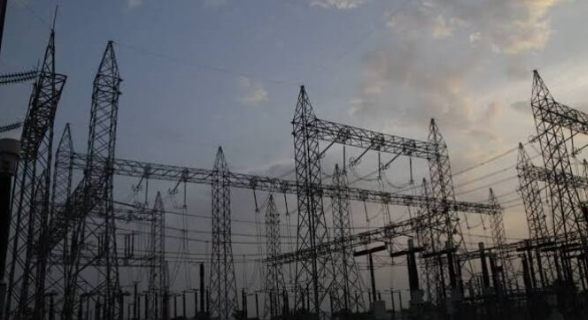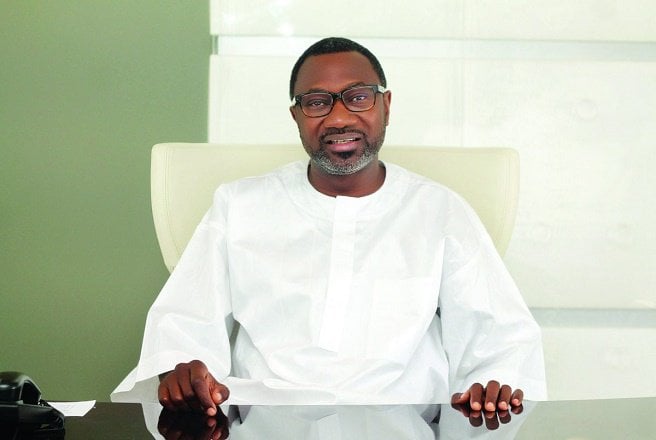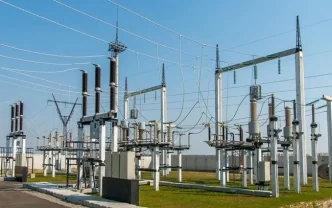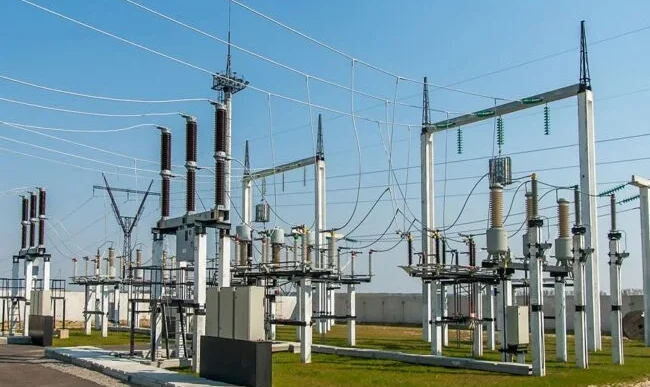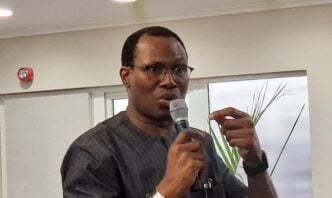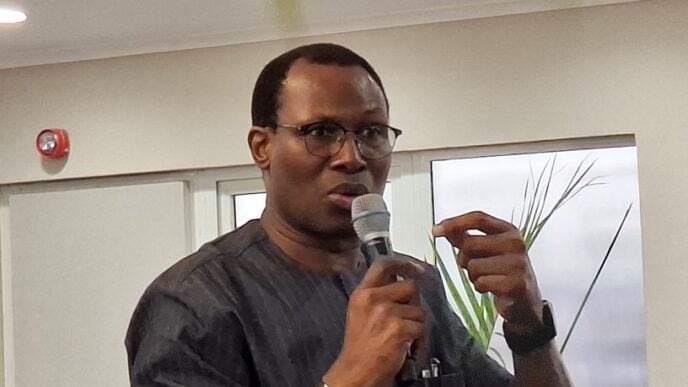The federal government has set a target to increase the national electricity generation from the current output of about 5,500 megawatts (MW) to 8,500 MW within the next 12 to 18 months.
Ayodeji Gbeleyi, director-general (DG) of the Bureau of Public Enterprises (BPE), unveiled the target on Wednesday in Abuja, during a senior leadership team retreat for top management members of the newly established Nigerian Independent System Operator (NISO).
The BPE DG said the country currently generates about 5500MW of electricity.
Gbeleyi said the planned ramp-up is part of broader efforts to stabilise and expand Nigeria’s power infrastructure.
Advertisement
He urged the NISO to take the lead in enhancing grid management, improving system reliability, and boosting operational efficiency to meet the government’s target.
“I do hope most sincerely that when we come back here 12 months from now, that generation capacity, based on the efficiency of the transmission grid, will be somewhere around 7500 to 8,500MW. We must move from where we are within the next 12 months,” the BPE DG said.
“That’s the charge, and NISO is expected to play a strategic role in achieving this.”
Advertisement
Gbeleyi, who noted that the target is achievable, said in the near term, the industry will increase its capacity in the next 12 to 18 months by at least 50 percent.
“Where we stand today, we have about 5,500MW of power being wheeled on a day-to-day basis. Compare that with the fact that the total nameplate capacity for generation in the country is a bit above 14,000 MW,” he said.
“So it is not a tall order for us to believe that in the near term, 12 to 18 months, we can scale up capacity, you know, to probably increase that 5,500 by a minimum of 50 percent.”
On his part, Adesegun Akin-Olugbade, chairman, board of director, NISO, said the system operator was a defining moment in the history of Nigeria’s electricity sector.
Advertisement
“The unbundling of the Transmission Company of Nigeria (TCN) and the birth of NISO is not just administrative. It is historic, ” he said.
“The Electricity Act of 2023 (amended) gave us not just a law, but a lifeline. It gave structure to long-standing sector expectations. Now, the ball is in our court to play.”
Akin-Olugbade said NISO is not just a new institution but a new idea.
“A system operator that is truly independent; a market coordinator that is truly neutral and a planning authority that is truly strategic,” he said.
Advertisement
Akin-Olugbade said that NISO was responsible for real-time grid operations, long-term system planning, and the coordination and development of the electricity market.
The chairman said that they were not side functions, but central pillars to improve electricity.
Advertisement
